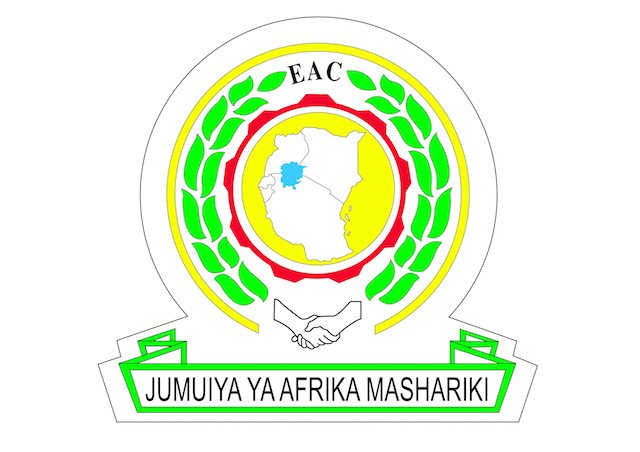
EALA begins sensitization of stakeholders in region
East African Legislative Assembly, Arusha, Tanzania: February 1st, 2019: The East African Legislative Assembly (EALA) has commenced sensitization activities in the Partner States with legislators targeting various stakeholders in the outreach programme.
The sensitization activities, been carried out by the EALA local chapters in the Partner States, is shall run over six days (Feb 1-6th, 2019). The sensitization programme is anchored on the theme: “EAC Integration Agenda: Accessing the gains and assessing the Challenges”.
The sensitization activities target Parliamentarians, youth groups, representatives of the business community and local government authorities. Other groups include the women organisations, learning institutions and media in the respective Partner States. The sensitisation activities are to run simultaneously in the Partner States.
EALA will work with the respective Ministries of EAC in the Partner States to identify and access the target stakeholders. The week-long sensitization activities will include; presentations as well as questions and answers to select representatives of the stakeholders groups, public addresses (Baraza) where possible and courtesy calls to the Regional Commissioners, Governors and District leaders among other opinion leaders in respective Partner States.
The overall objectives of the sensitization programme are:
(i) to sensitize EAC citizens on the overall integration process,
(ii) to promote liaison with EAC National Assemblies and key stakeholders,
(iii) to create awareness among the EAC populace on the gains and challenges of integration,
(iv) to enhance mutual relationships and sustainable networking between EALA and EAC populace,
(v) to EAC populace on the role of EALA in the integration process.
A number of benefits are expected to be arrived at when done. Such include;
(i) sensitization of EAC citizenry on the overall integration process,
(ii) promotion of liaison with EAC National Assemblies and key stakeholders,
(iii) creation of awareness among the EAC populace on the gains and challenges of integration,
(iv) enhancement of mutual relationships and sustainable networking between EALA and EAC populace,
(v) informed EAC populace on the role of EALA in the integration process.
The EAC which turns two decades later this year has realized a number of economic achievements. The establishment of the Customs Union, has led to increase of intra-regional trade through establishment of the single customs territory where importers clear their goods at the point of entry and revenues are collected at that point and remitted to the destination Partner State. Also in place, is the one stop border post leading to integrated land border management systems where customs and other government agencies of both neighboring countries work in the same office and clearance procedures are done at once at the point of entry.
Other developments include the improved issuance of travel documents to facilitate travel within the region by EAC citizens and harmonization of educational curricula, examinations, standards, certification and accreditation of educational and training institutions to facilitate recognition of academic qualifications.
Challenges currently been addressed, include the existence of Non-Tariff Barriers, which call for sustained efforts to remove them and consolidated efforts to ensure peace and security given the heightened terrorist attacks as well as instability which threatens the very impact of the region’s security and economic performance.
Sensitization is a key component of regional Assembly’s work and the EALA’s Strategic Plan anticipates a people-centered approach to widening and deepening of the integration agenda.
-Ends-
Tags: EALA
